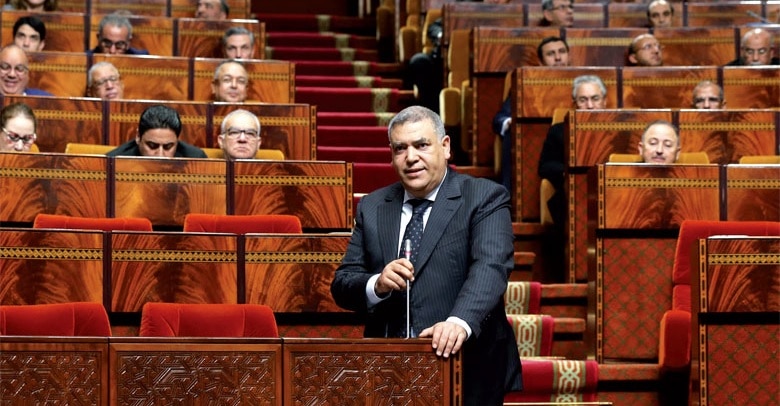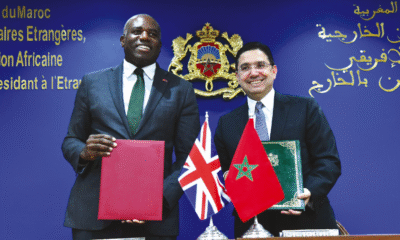Kingdom
The Interior Ministry is Preparing a Bill Establishing a Code for Local Government Taxation
On Monday at the House of Representatives, Minister of the Interior Abdelouafi Laftit announced that his ministry is drafting a bill to establish the Local Authority Taxation Code, modeled after the General Tax Code (CGI).

In response to a central question on ‘the reform of local authority taxation,’ Mr. Laftit clarified that this bill aims to address the multiplicity of existing regulations in this field by consolidating legal provisions related to taxes, fees, and duties owed to local authorities into a single document.
He explained that this text is part of broader reforms to the local authority taxation system, designed to strengthen their own revenue sources through revisions to assessment and collection rules, as well as the establishment of a fiscal governance framework capable of improving tax yield.
The minister emphasized that these reforms also involve implementing other directives outlined in Framework Law No. 69.19, notably reducing the number of taxes (currently set at 17) by gradually merging those applied to real estate properties and those linked to economic activities.
He detailed that the reforms further include revising the tax base for professional taxes—similar to residence taxes and municipal service taxes—by replacing the rental value system with one that accounts for territorial equity, without increasing the fiscal burden on taxpayers.
Additionally, the official added, the reforms seek to enhance the financial governance of local authorities, particularly through the creation of a tailored regional tax administration vision as part of the anticipated local taxation overhaul. This follows a comprehensive restructuring of its rules in line with Framework Law 69-19, specifically Articles 9 and 10.
Laftit argued that mobilizing local authorities’ fiscal resources is among the major challenges to address in the Kingdom’s advanced regionalization process, enabling these entities to fulfill their assigned mandates.
In this context, the minister affirmed that the state will introduce legislative measures to rationalize and clarify local authorities’ tax bases and rates while simplifying them to ensure sustainable revenue. These measures include continuing the gradual consolidation of taxes on real estate properties and those related to economic activities, he specified.













